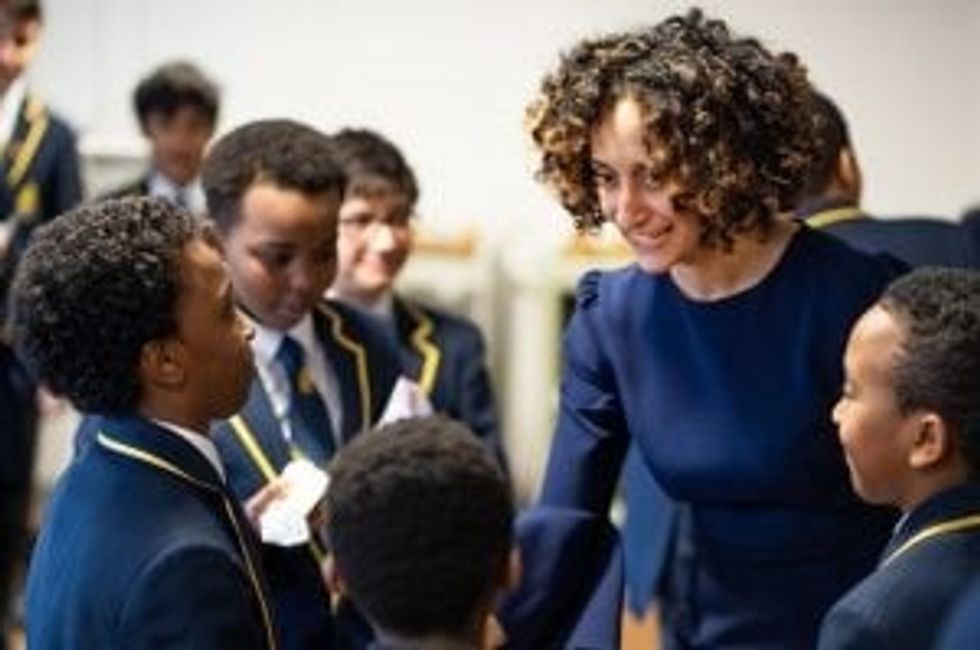IN OCTOBER last year, Katharine Birbalsingh was appointed head of the Social Mobility Commission, as the government made its “levelling-up” commitment two years after winning the general election.
Birbalsingh told Eastern Eye the commission is seeking evidence for what works in order to help people enable their own social mobility.
“It’s about what happens at home, especially in the early years, and what happens at school, and then routes into the workplace. Those are the three areas we’re looking at.
“If a child has a supportive family at home, and gets to a good school, he has the best possible chance of being as socially mobile as possible.
“Too often, children don’t have either. Now, the state can do a lot when it comes to providing good schooling, because that is the state. We need to try and encourage schools to do more of the things that work. I’ve spent my whole career doing that –it is my whole life.
“What I would really like to do now, as well as the school element, is look at families, because that is something no politician will ever talk about, whatever party they’re in, because they’re too worried about being voted in. When is the family ever talked about as being important?
“I would say there are lots of things families in the know do with their young children that other families don’t, because they don’t know they should.”
She illustrates with an example. “How are you meant to know that you should talk all the time to your toddler? And yet, we imagine that all parents know to speak to their children.
“But there are many parents who don’t know that. Their children grow up with a delay in their speech, because the only way a child can develop their speech is if someone is speaking to them all the time.
“Ideally, I would love to see the sort of campaign where we all know you should eat four to five fruits and vegetables a day. We might not do it, but we know we ought to. I would love to see the same when it comes to what to do with an under-five to help those families access that information. Because I feel like it’s a bit of a secret that nobody tells.”
It sounds absurd to say that parents don’t know they should speak to their toddlers, but Birbalsingh is quick to challenge that assumption.
“I have worked all my life in the inner city, and I’ve met so many families who have no idea. No idea that it’s what they are meant to do. And their children then are delayed.
“Then there’s reading. Some of them might talk, but it’s a limited amount. There’s statistics that say, for instance, that a disadvantaged child by the age of three has been read to for about 20 hours, whereas a middle-class child has been read to for about 1,500 hours. That’s the difference. That’s enormous. So already by the age of three, the divide has happened. And they don’t even get to school until five. You can’t bridge that divide. There’s nothing we can do. Schools do their best to try and bridge that gap, but it’s very hard. So, yes, I would like to concentrate on some of that.”
And the third element will be working with industry to get students ready for the workplace, engaging with the private sector about apprenticeships and making it possible for more disadvantaged people to get into work, Birbalsingh adds.



















